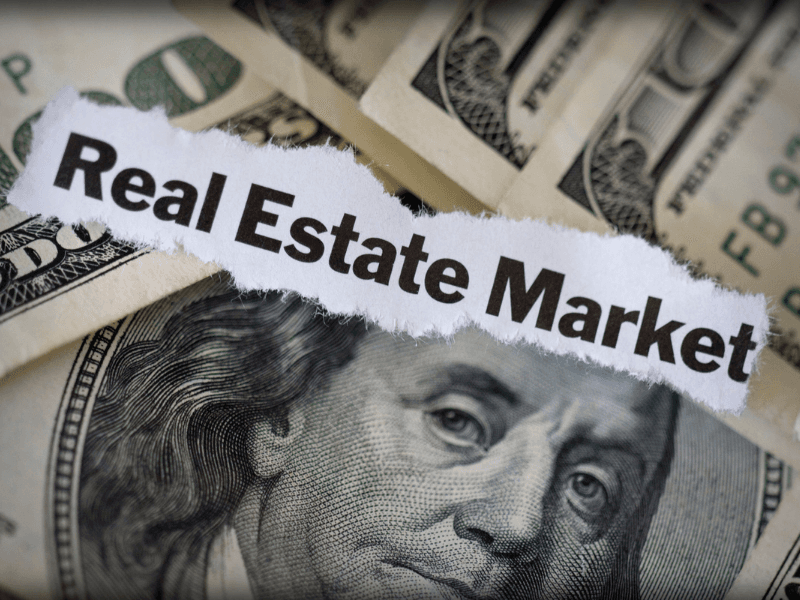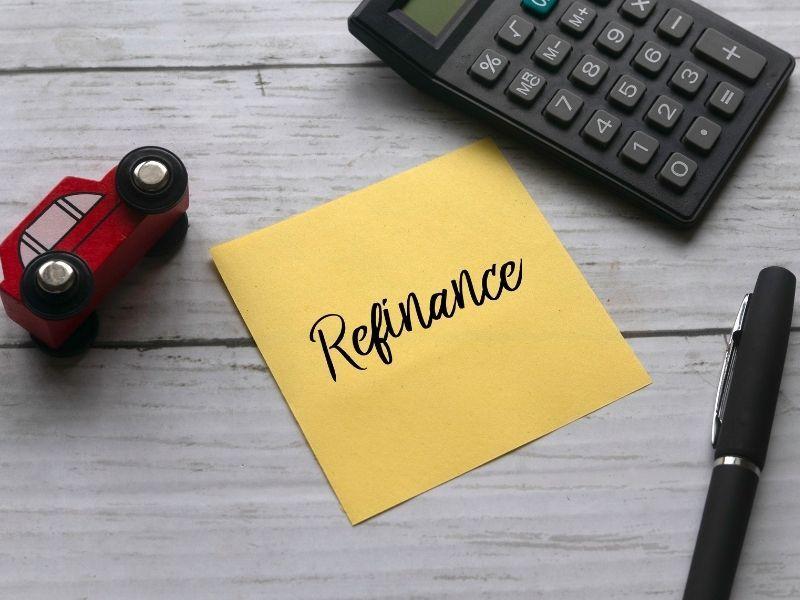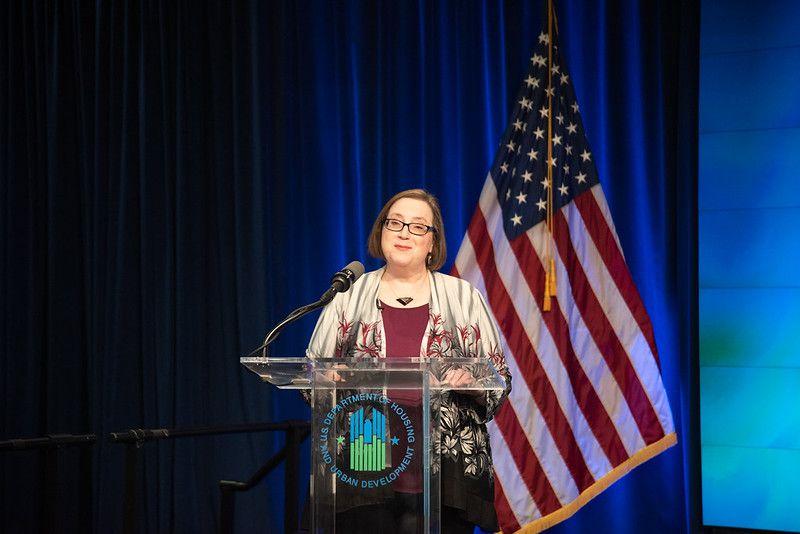
Is a foreclosure crisis looming?
The CFBP was formed amidst the ashes of the housing market’s demise over a decade ago. Are they worried another crash is on its way?

Millions of Homeowners Are Not Making Their Mortgage Payments
The various relief bills enacted over the past 24 months or so included protections for homeowners whose income or livelihoods were affected by COVID-19 and its fallout. This includes provisions that permitted homeowners to pause their mortgage payments until situations improve or the provision expired, which occurred late into 2021. As a result there were over 2.3 million homeowners who were not making their mortgage payments under this guidance.
This relief, known as forbearance, has been critical in keeping the economy afloat while employment and wages recover. It also allowed families to stay in their homes when making payments would have been impossible, which likely would have led to foreclosure.
In addition to allowing homeowners to forgo mortgage payments while they get back on their feet, the government also paused foreclosure processing temporarily. Both the foreclosure moratorium and forbearance period expired in 2021.
What happens when homeowners must make payments again?
While there is always a chance congress will extend, renew, or create new relief packages, when the forbearance period expires and millions of homeowners must start making their mortgage payment again, there are two major repercussions that will reverberate throughout the economy.
Many homeowners will simply not be able to make their payments and will face foreclosure. There are still millions of families out of work or facing reduced hours and income. Resuming mortgage payments may not be possible. A flood of foreclosures all at once can devastate the U.S. economy, much like it did in 2008.
The second major impact will come from homeowners who are able to make their payments once their forbearance period ends. Money that was being saved or, more likely, being spent will be shifted away from stimulating the economy and back to making mortgage payments. Consumers have spent well during COVID, partly because of stimulus payments and mortgage forbearance.
The government is keeping a close eye on all of this. The Consumer Financial Protection Bureau (CFPB) was tasked with monitoring lenders and servicers after the 2008 financial crisis. According to Reuters, the CFPB is requesting records from various mortgage servicers to assess the handling of forbearance requests and implementation.
The difficulty with handling financial crises is those affected are all hit at the same time, overwhelming the institutions tasked with handling them. The CFPB was flexible with servicers when COVID relief kicked in, but now that the end is near and the stakes are highest, it appears their scrutiny is increasing. Clearly they are concerned that millions may not be able to resume their mortgage payments, including FHA and VA payments, and the way in which mortgage servicers will handle the coming flood of modification requests, forbearance extensions, and foreclosures is a priority.
The coming months are critical to the future of the housing market and to millions of families dealing with the fallout of the coronavirus and all it has brought with it. If you are having trouble making your mortgage payments, CFPB provides resources to assist you.
While interest rates have risen in 2022, refinancing may also be an option. Browse mortgage rates or request a custom quote.








